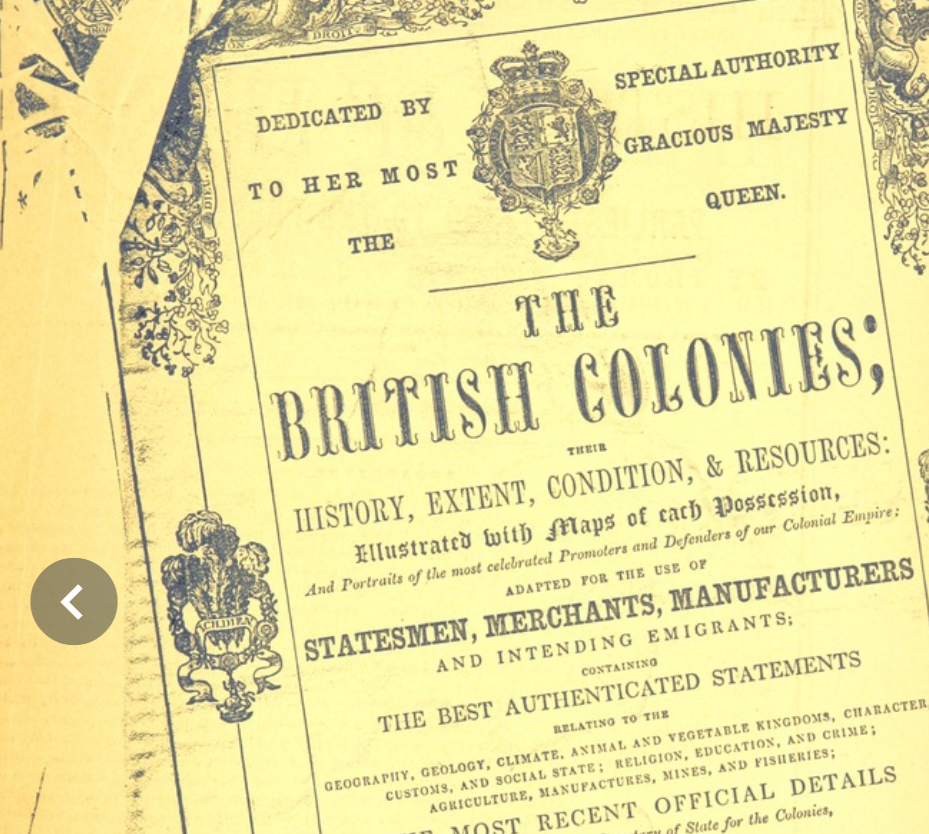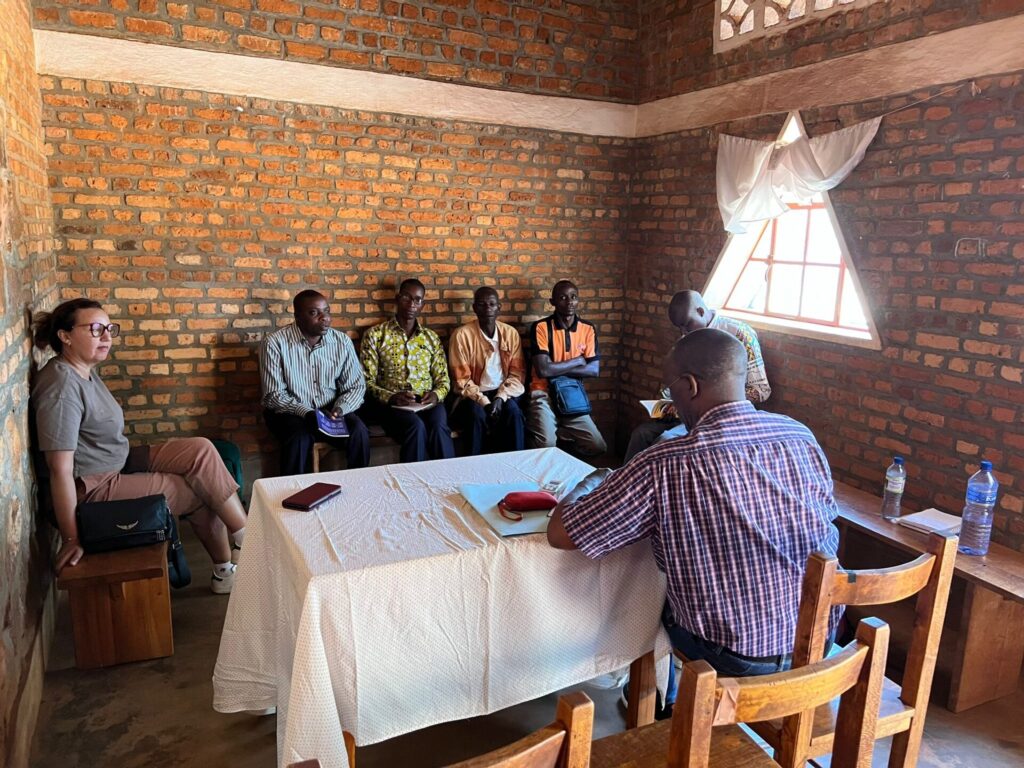For certain European countries, the questioning of their colonial past is not new. However, since 2020 and the anti-racist protests that have spanned the entire world, we have seen a surge of collective awareness on the continent. What about 2021? A look back at a year full of twists and turns.

Since the Black Lives Matter protests of 2020, former colonial powers have been questioning their past more.
We must believe that 2021 was the year of acts of contrition by certain former colonial powers, who, like Belgium, plunged their heads into their archives. France, for example, seems decidedly determined to examine its past and, above all, to warm up its diplomatic relations with its former colonies.
It all started last January, when historian Benjamin Stora submitted a report to Emmanuel Macron[1] on questions of memory relating to colonization and the Algerian war. Six months earlier, the French president had ordered this inventory with the aim of contributing to historic reconciliation between Algeria and France. He also engaged in a memorial process around the thorny issue of the Harkis, former auxiliaries of the French army during the Algerian War (1954-1962) left behind upon their repatriation to France. A bill will also be examined by the Senate in January 2022 with the aim of recognizing the harm suffered by the Harkis and their families. Despite everything, the numerous diplomatic clashes that have emerged in recent months between the French president and the Algerian head of state demonstrate that reconciliation is a path strewn with pitfalls.
Even if it is not a question of a common colonial past, it is impossible to omit France's examination of conscience vis-à-vis Rwanda, a former Belgian protectorate. This rapprochement took an unprecedented turn: on March 26, as part of the commemorations of the 27e anniversary of the genocide in Rwanda, it was up to the “Duclert commission” to present a report[2] of nearly 1000 pages according to which France bears “heavy and overwhelming responsibilities”. France is singled out for the events that took place between 1990 and the disastrous year of 1994. The administration of former President François Mitterrand is particularly targeted even if the author concludes that no complicity in the genocide has not been proven.
This report, both welcomed and contested, was put into perspective a few weeks later by conclusions drawn from a parallel investigation, commissioned by Kigali in 2017 from a law firm based in Washington. THE “Muse report”, from its real title “A predictable genocide: the role of the French state in connection with the genocide against the Tutsi in Rwanda”, judges France responsible for having “made a predictable genocide possible”. However, the investigation in turn rules out any “active part” of the Republic and therefore any complicity.
The Rwanda-France idyll is thus resuming with a vengeance after six years of diplomatic back and forth punctuated by hostilities. President Emmanuel Macron made a strong, even historic, gesture in a speech at the Gisozi genocide memorial last May. He solemnly acknowledged “ the share of suffering she [France] inflicted on the Rwandan people by allowing silence to prevail for too long over the examination of the truth […] only those who have passed through the night can perhaps forgive us ". Rwandan President Paul Kagame reacted positively, calling the remarks an act “tremendous courage” which would be more valuable than an apology. This new alliance with the former Belgian protectorate was sealed on June 12 with the appointment of Antoine Anfré as France's first ambassador to Rwanda since 2015.
Finally, as part of the Africa-France Summit on October 8, Cameroonian historian and philosopher Achille Mbembe submitted a final report to the French president with a list of recommendations to “rebuild” France-Africa relations. For example, the creation of a House of African Worlds and the Diaspora and a fund of 15 million euros to support African civil society.
The shock wave of the Black Lives Matter movements is far from stopping
Germany, for its part, is committed to return the “Benin Bronzes” in 2022, sculptures looted from Nigeria during German colonization. In a press release, the Secretary of State for Culture, Monica Grütters, expressed her country's wish to “contribute to understanding and reconciliation with the descendants of those whose cultural treasures were stolen during colonization”. On the Namibian side, the German state places the emphasis on “healing the wounds” and not on reparation, arguing that the latter is ensured by development aid.[3]
The Iberian Peninsula has not been spared from this awareness. Last October, the PSOE (Spanish Socialist Workers' Party) called for a debate on the past of this former colonial empire which changed the face of the world, leaving “serious damage” in its wake. At stake is once again the notion of building a national identity, with other parties speaking out in favor of truth, justice and reparation. These initiatives are far from unanimous and are considered by certain sections of the political class as attempts to politically recover the past.
Touched by the scarecrow of the memory of slavery, first and 60e anniversary of the start of the colonial wars in its former territories then, Portugal was mired in February in a long controversy concerning the honors which were reserved for Marcelino da Mata during his funeral. This former Guinean lieutenant-colonel fought alongside the Portuguese against the separatists and was the most decorated officer in the country's history. When he died, he was seen as a national hero by some and a war criminal by others. This dichotomy can also resonate in Belgium in relation to the perception of the controversial King Leopold II.
In the process, certain voices are increasingly being raised to demand the destruction of monuments built to the glory of the former expansionist empire and demand that the country carry out a real “epistemological break” with its colonial past.[4] On May 18, Marcelo de Sousa was the first Portuguese president to set foot on the soil of Guinea-Bissau, a former Portuguese colony in West Africa, since 1990. He then declared that Portugal was accepting its colonial past, including “which was not positive” and was open to the demands of descendants of Guinea-Bissau soldiers in the Portuguese army who are demanding the right to a “blood pension”.
Notwithstanding, just a few days ago the UN Human Rights Council's Working Group of Experts on People of African Descent pointed out Portugal's structural racism. The group of researchers said the country's identity is still defined by the colonial past and the slave trade. As a reminder, the Portuguese Crown was the first to transport African slaves to the New World.[5]
The United Kingdom, too, has been brought back to its shameful role in slavery and the large-scale slave trade. Independent since 1966, Barbados officially freed itself from the British Crown on November 30, becoming the youngest republic in the world. It thus abandoned its status as a constitutional monarchy while remaining a member of the Commonwealth.
By the mid-1600s, the English established highly profitable sugar plantations in Barbados, using a model of assembly-line work imposed on slaves. For nearly 300 years, the English made this small Caribbean island a “colonial laboratory” for intensive exploitation. This strategy allowed them to compete with the giant Spanish Empire and establish themselves in international trade.[6]
In 1636, a decree legalized and institutionalized lifelong slavery of Africans deported to the island, until its abolition in 1834. During the transfer of power ceremony in Barbados, Prince Charles of Wales gave a speech recognizing this crime against humanity committed by the British Empire: “Since the darkest days of our past and the terrible atrocity of slavery that forever stains our history, the people of this island have forged their way with extraordinary fortitude”. A recognition therefore, but no apology.
Long-term desire for change or simple burst of conscience? It is too early to say that the former European colonial powers are seeking in unison a confrontation with their past and a change in mentalities. Some, like Italy, remain silent. However, promising signs appear over time, but the citizens of these countries must fight so that the work of memories begins, continues and does not fall into oblivion.
Alejandra Mejia Cardona.
[1] STORA, Benjamin, “Memory questions relating to colonization and the Algerian war”, Report, January 2021. Link: https://bit.ly/3ddE2Gx.
[2] “France, Rwanda and the Tutsi genocide (1990-1994)”, Research Commission on French archives relating to Rwanda and the Tutsi genocide, Report, March 26, 2021. Link: https://bit.ly/3sdRWNg.
[3] “Colonialism: from the “civilizing work” to the time of reckoning”, Le Vif/L’Express (Special issue), June 2021, p.131.
[4] DARCY, Marie-Line, “Portugal: 60 years of the colonial wars against a backdrop of controversies”, Radio France international, March 26, 2021. Link: https://bit.ly/3si2fjk.
[5] DAY, Dominique, “Portugal at the crossroads of anti-racism”, Working Group of Experts on People of African Descent, UN, December 8, 2021. Link: https://bit.ly/3dUDyVk
[6] “Barbados, bitter jewel of the British Crown”, Emission Invitation au Voyage, Arte, 2021. Link: https://bit.ly/3dYFg8h





